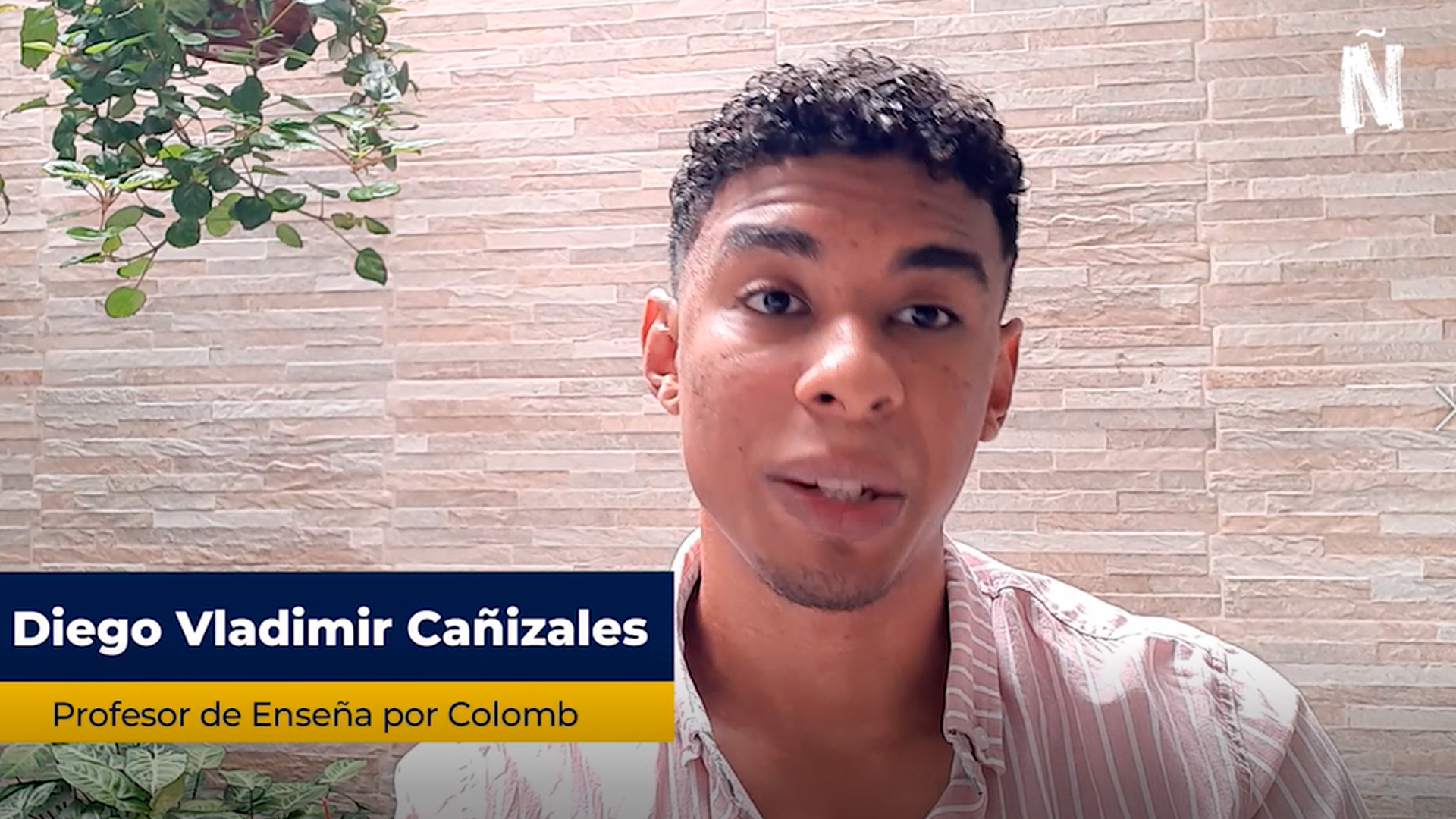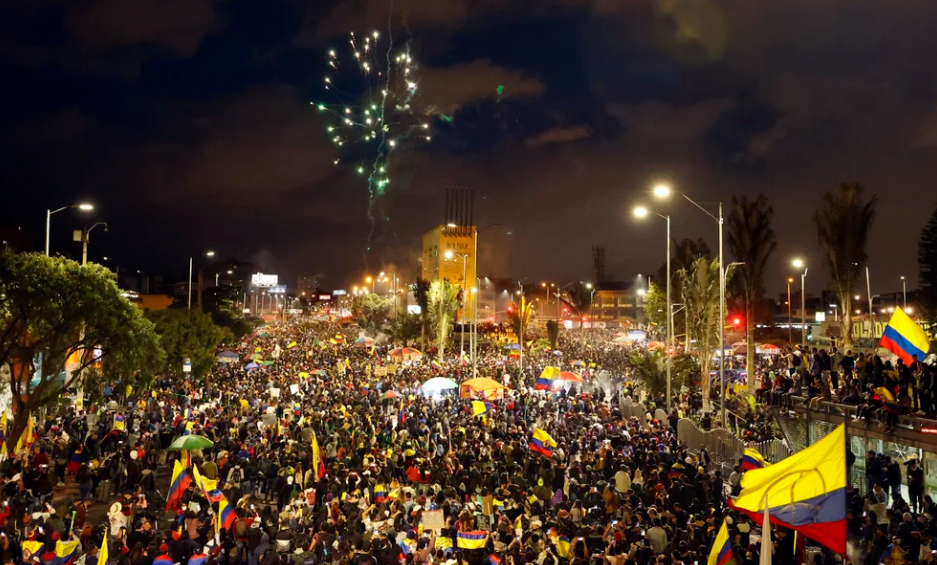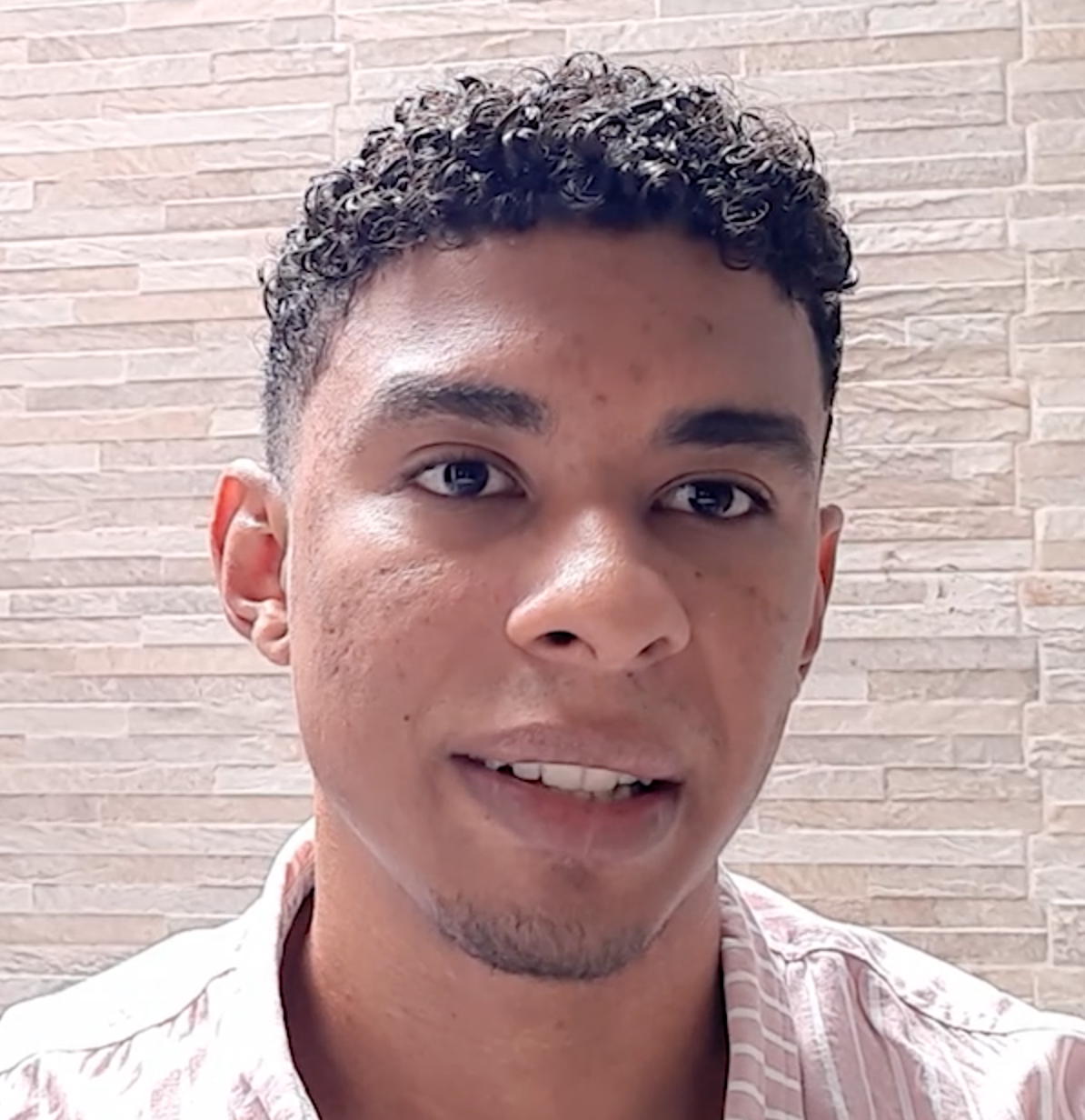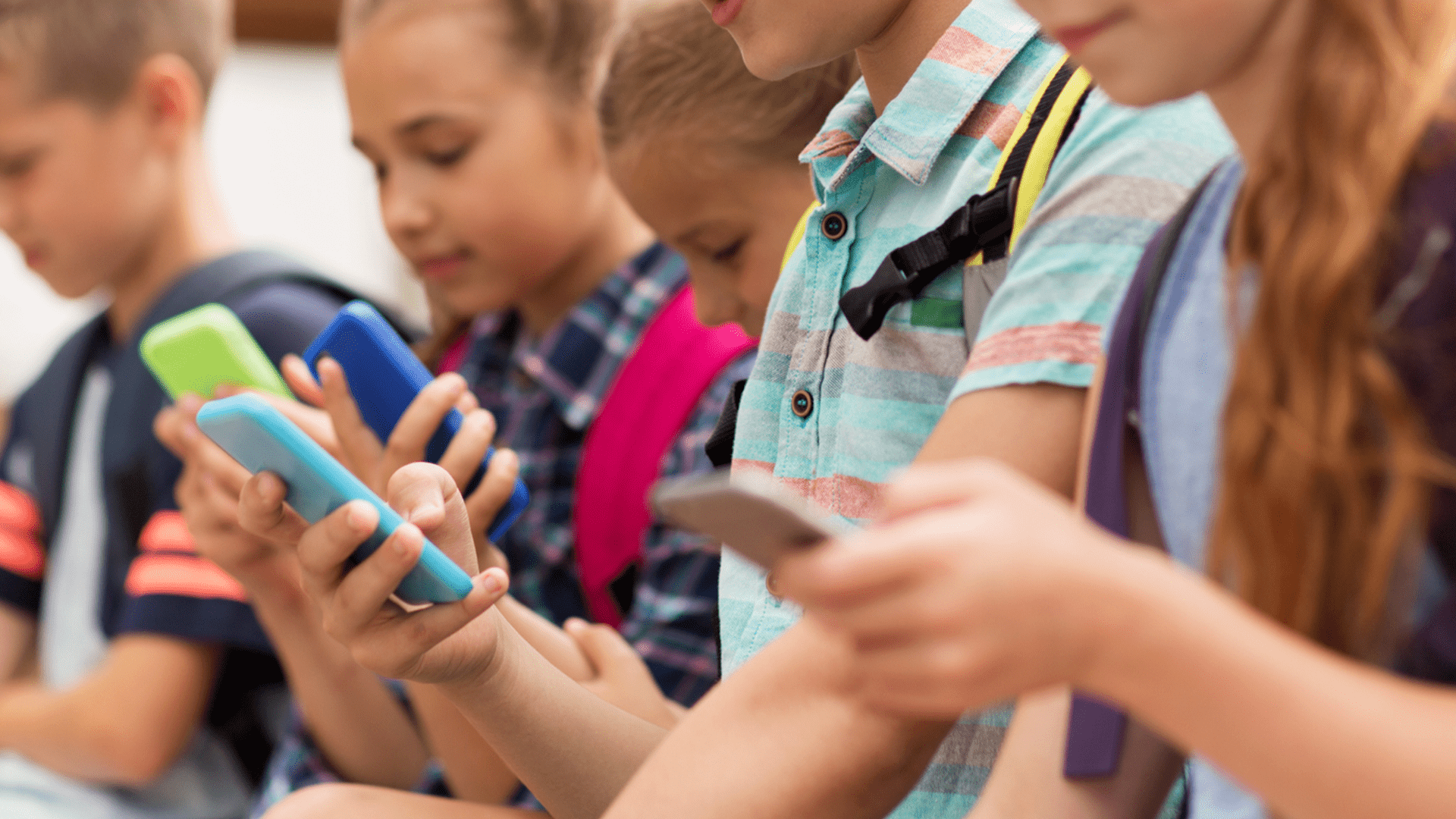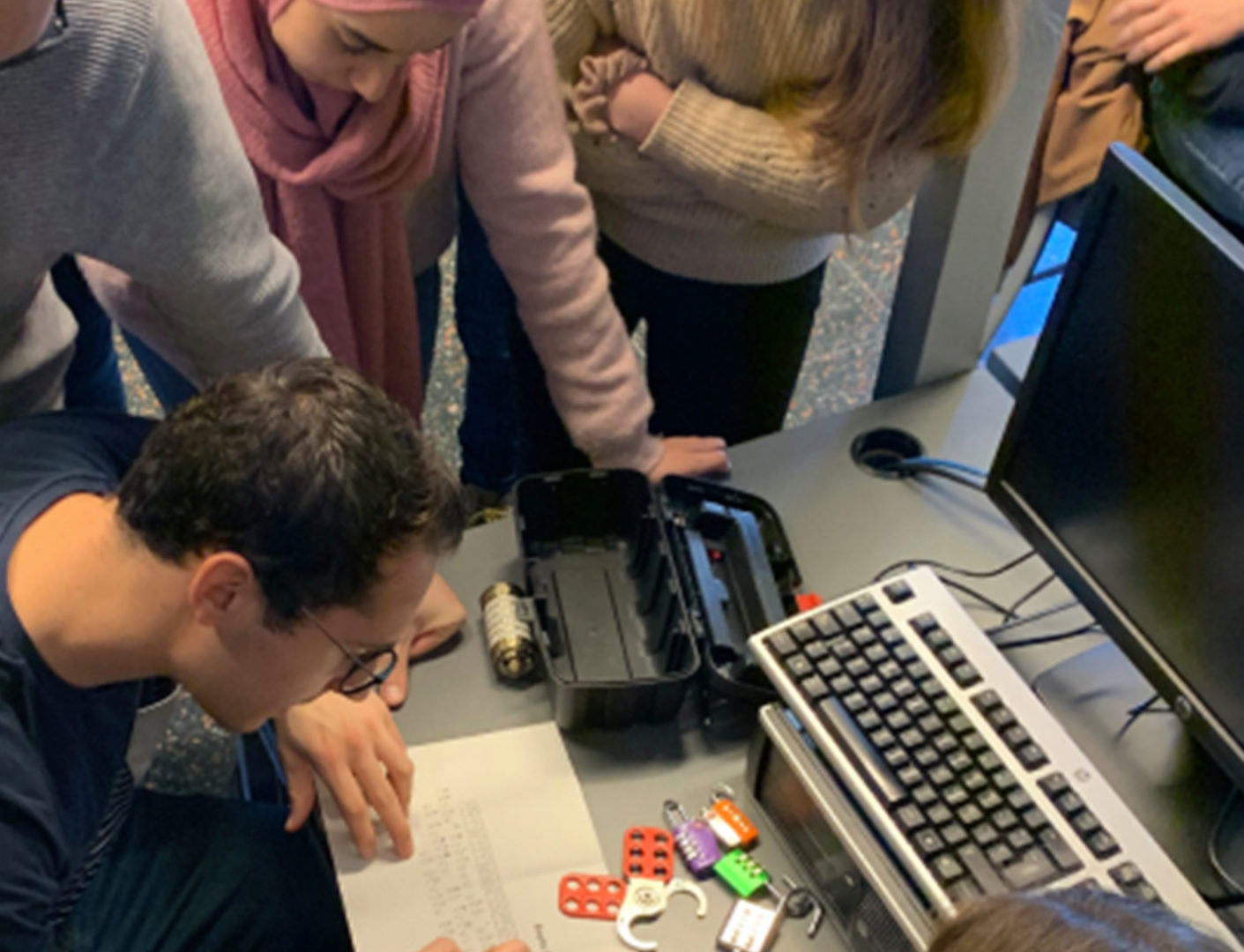Education of Digital Ecosystems
Context
In the middle of a social conflict in Colombia, educators noticed not only their students’ disinformation but also their inability to manage multiple emotions autonomously. The Digimente project educates students on Digital Ecosystems by developing a critical view of the information they consume on social media,while guaranteeing their right to play and to develop their creativity and imagination when creating their own productions in virtual environments.
Highlights...
Objectives
Educate critically on information consumption and Internet content
Raise awareness on Internet privacy and security.
Promote the expression and working through of emotions.
Didactic sequence
Critical assessment of information
Production of creative contents
Active participation
Ethical thinking and reflection
Assessment and conclusions
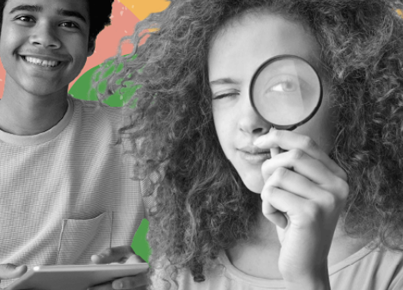
Take this experience to your classroom!
Tips to adapt the experience to your classroom
Implementation

